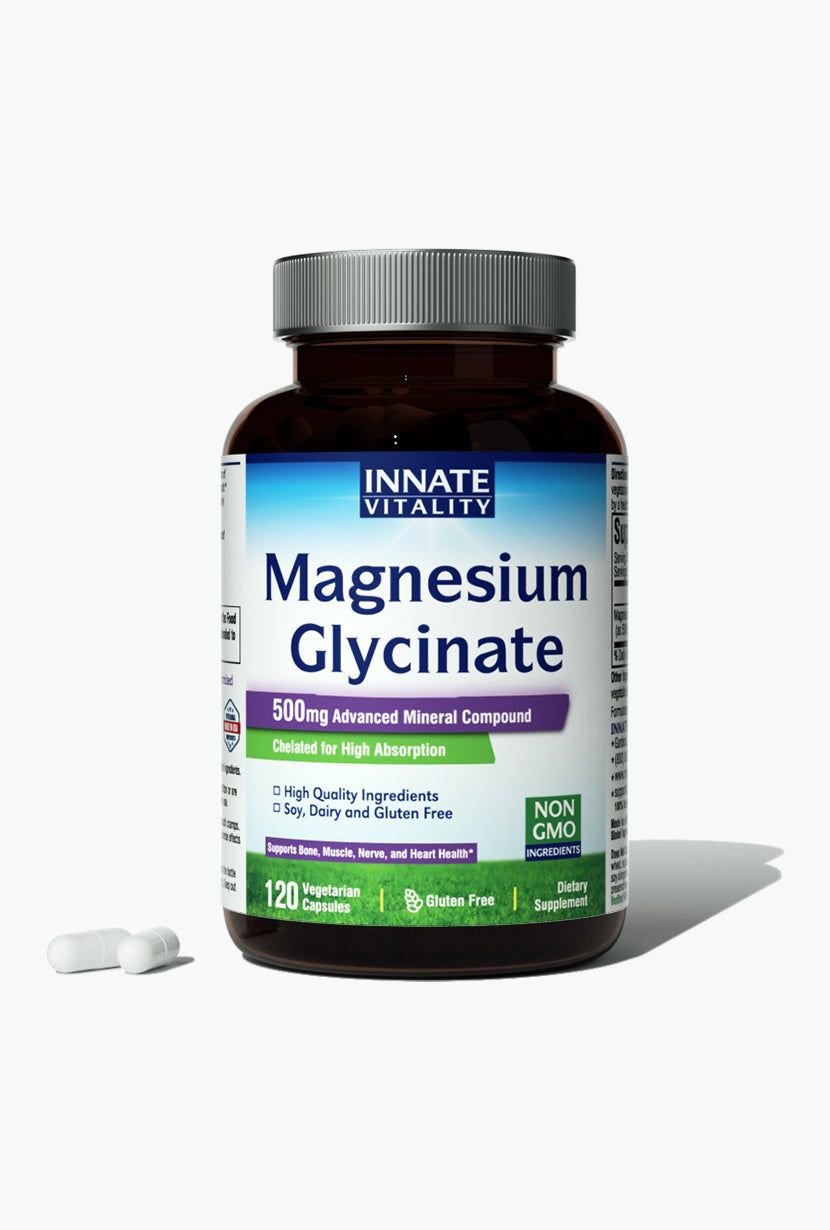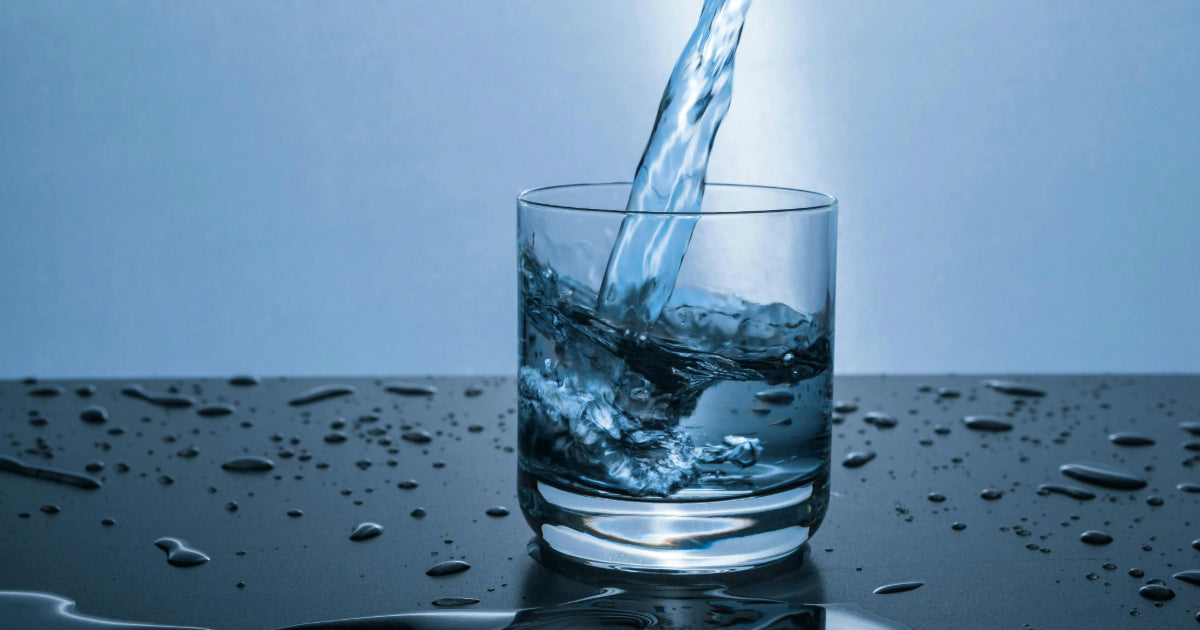The Importance of Hydration: Why Drinking Water Matters

Water is essential for life. Our bodies are made up of about 60% water, and almost every function, from circulation to digestion, relies on it. Despite knowing how crucial hydration is, many of us still overlook its importance in our daily routines. Dehydration can lead to a range of health issues, from minor discomforts like headaches to more severe conditions that can affect organ function. So, why is staying hydrated so important, and how can you ensure you're drinking enough water each day?
1. Supports Vital Body Functions
Water plays a role in almost every bodily function. It helps transport nutrients, regulate body temperature, and remove waste through urination, sweat, and bowel movements. Without adequate hydration, these systems struggle to operate efficiently.
-
Circulation: Water is a key component of blood, which carries oxygen and nutrients to cells. Dehydration can make your blood thicker, slowing circulation and reducing oxygen delivery to tissues.
-
Digestion: Water aids in breaking down food and absorbing nutrients. It also helps to soften stool, making digestion easier and reducing the risk of constipation.
-
Temperature regulation: Sweat, which is mostly water, is one of the body’s primary mechanisms for keeping cool. Dehydration can interfere with your body’s ability to regulate temperature, increasing the risk of overheating or heatstroke.
2. Improves Cognitive Function
Hydration has a significant impact on your mental clarity, concentration, and memory. Even mild dehydration can lead to reduced cognitive performance, resulting in difficulty concentrating, confusion, or feelings of brain fog. Studies have shown that staying hydrated enhances focus, memory retention, and problem-solving skills. Whether you're studying for exams, working on a project, or just going about your daily tasks, drinking enough water can improve your ability to think and stay alert.
3. Boosts Physical Performance
If you're physically active, proper hydration is essential for optimal performance. Water helps maintain fluid balance during exercise and supports muscle function. Dehydration can lead to early fatigue, muscle cramps, and impaired endurance, making workouts less effective and increasing the risk of injury.
When you're hydrated, your body is better able to regulate its temperature during physical activity, and your muscles receive the nutrients they need to function properly. This allows you to push yourself further, recover faster, and see better results from your efforts.
4. Promotes Healthy Skin
Your skin is a reflection of your internal health, and staying hydrated can make a noticeable difference in your complexion. Proper hydration helps maintain skin elasticity, moisture levels, and overall appearance. When you're dehydrated, your skin can become dry, flaky, and more prone to wrinkles.
Drinking enough water helps flush toxins from your body, preventing skin issues like acne and promoting a healthy, glowing complexion. In addition to hydration, consider pairing your water intake with a healthy skincare routine to get the best results.
5. Aids in Weight Management
While water doesn't directly burn fat, it can play a significant role in managing your weight. Drinking water before meals can help curb your appetite, making you feel fuller and reducing the likelihood of overeating. Often, feelings of hunger are actually signs of dehydration, so staying hydrated can help differentiate between thirst and hunger.
Additionally, water can boost your metabolism slightly, allowing your body to burn calories more efficiently. Replacing sugary drinks like soda with water can also reduce your overall calorie intake, helping with weight management and promoting better health.
How Much Water Should You Drink?
The "8 glasses a day" rule is a common recommendation, but individual hydration needs vary depending on factors like age, activity level, climate, and overall health. A more personalized guideline suggests drinking half of your body weight in ounces of water each day. For example, if you weigh 150 pounds, aim to drink around 75 ounces (about 9 cups) of water per day. Remember, if you're exercising, in a hot environment, or pregnant, you may need to increase your intake.
Conclusion
Hydration is a simple yet powerful way to support overall health and well-being. Drinking enough water helps maintain vital bodily functions, improves cognitive performance, boosts physical activity, supports healthy skin, and aids in weight management. So, next time you’re feeling thirsty, reach for a glass of water—your body will thank you! Stay mindful of your hydration needs and make water a regular part of your daily routine to enjoy the many benefits it brings.










